Facial recognition brings convenience and security in checking into events to a whole new level. Whether it is a small corporate gathering or the largest of music festivals, facial recognition is setting the stage for faster, more personalized attendee experiences. This technology is becoming significant in areas like event ticketing, event registration, and event check-in and badging, promoting wait time reduction and general attendee satisfaction. Let’s dive into how facial recognition is changing event management, its benefits and challenges, and what it may look like in the future.
The Rise of Facial Recognition in Events
We now live in an era where digital technologies touch nearly every aspect of our lives. By relying on smartphones, smart devices, and automation, it was only a matter of time before facial recognition would make its way into events.
This technology is geared to use algorithms to scan, analyze, and match faces with a pre-registered image database so that there is no requirement for paper tickets or an ID card.
Facial recognition first gained attention in the security world, but its application toward optimizing events soon came to light. By integrating facial recognition with event ticketing and registration platforms, event organizers are able to make the entire check-in process much easier. Thus, it allows for a streamlined experience for the attendees.
Enhancing the Event Check-In Process
One of the primary benefits of facial recognition in event check-in is that it helps reduce wait times to almost zero. As long as people are scanning tickets and checking identities at the door, it may well be a problem where there are huge lines for the most significant of events. Facial recognition, however, can filter hundreds within just minutes. This reduces the friction related to entry into an event, so guests flow in quickly and hassle-free, and enjoy whatever it is that they have come for.
What if your face was your ticket to attending a conference, festival, or concert? A simple walk up to the check-in kiosk, and it scans your face in two seconds, granting access. No more searching for that digital ticket in an email or worse, losing the physical pass. It is fast, simple, and stress-free.
Integrating Facial Recognition with Event Ticketing and Registration
Facial recognition can also be combined with event ticketing and event registration platforms to allow the attendee’s experience to become even easier. When attendees register for an event, they can opt to upload a photo of themselves as part of the registration process. This photo is then linked to their digital ticket or badge. On the day of the event, facial recognition cameras scan the faces of people approaching the venue. If it matches the registered ticket holder, then one gets entry instantaneously.
This integration would greatly benefit event organizers. For attendees, check-in processes would be far more efficient. It would provide a more secure and personalized experience to the attendees. The system would flag most faces not recognized by attendees; hence it would be harder for unauthorized people to enter the event. In the age of digital and mobile ticketing, this added layer of security would really be priceless.
Personalized and VIP Experiences
Facial recognition improves security and speed but also opens doors toward creating more personalized experiences, especially for your VIP guests. Imagine you are attending a VIP lounge, and as you enter, you are greeted by your name, providing you with a customized experience driven by your preferences. Therefore, facial recognition links your face with the entry that you made to your VIP event.
Another staple of modern events is event apps. They may use facial recognition to send out personalized notifications; for example, informing you of the sessions you have enrolled for.
In the case of VIP ticket holders, facial recognition can help streamline access to exclusive areas, making it clear who has the right permissions with no additional badges or wristbands.
Security Benefits and Challenges
For event organizers, security is always a top concern, especially for such a large event as a concert festival, sporting event, or conference. Facial recognition will go toward ensuring security in several ways. For example, it allows event staff to cross-reference attendees against a list of known individuals who may pose a security risk, helping to prevent unwanted access.
Another advantage is fraud prevention. One of the most common problems associated with ticketing for an event is ticket fraud, which involves the use of fake or duplicate tickets for entry. Within the facial recognition system, every ticket is uniquely associated with the face of the individual. Hence, it is very difficult to make duplicates or sell counterfeit tickets. Additionally, the system can instantly alert staff if someone is trying to use a ticket that doesn’t match their face, allowing them to take action quickly.
However, facial recognition also has its drawbacks. Privacy proves to be the most significant point of the debate. Some of the guests might not like the use of their biometric data in registering or checking into the event. Event organizers should, therefore, be transparent regarding how data from facial recognition is going to be collected and used. Providing options for opt-in terms that imply whether attendees want to use facial recognition or not can be helpful in alleviating concerns about privacy.
Final Words
Facial recognition technology is continually changing the face of event check-in into a quicker, more secure, and more personalized process. Its integration with event ticketing, registration, event check-in and badging systems can further enhance the attendee experience while strengthening event security. No question there will be some hiccups with privacy issues but surely streamlined operations and personalization are benefits in evidence.
And even as the state of the technology improves, facial recognition event technology will only play larger roles in event landscapes, showing glimpses of seamless and engaging experiences.
Whether you’re hosting a corporate conference, a music festival, or a sporting event, facial recognition offers exciting possibilities for creating unforgettable, hassle-free experiences for attendees.

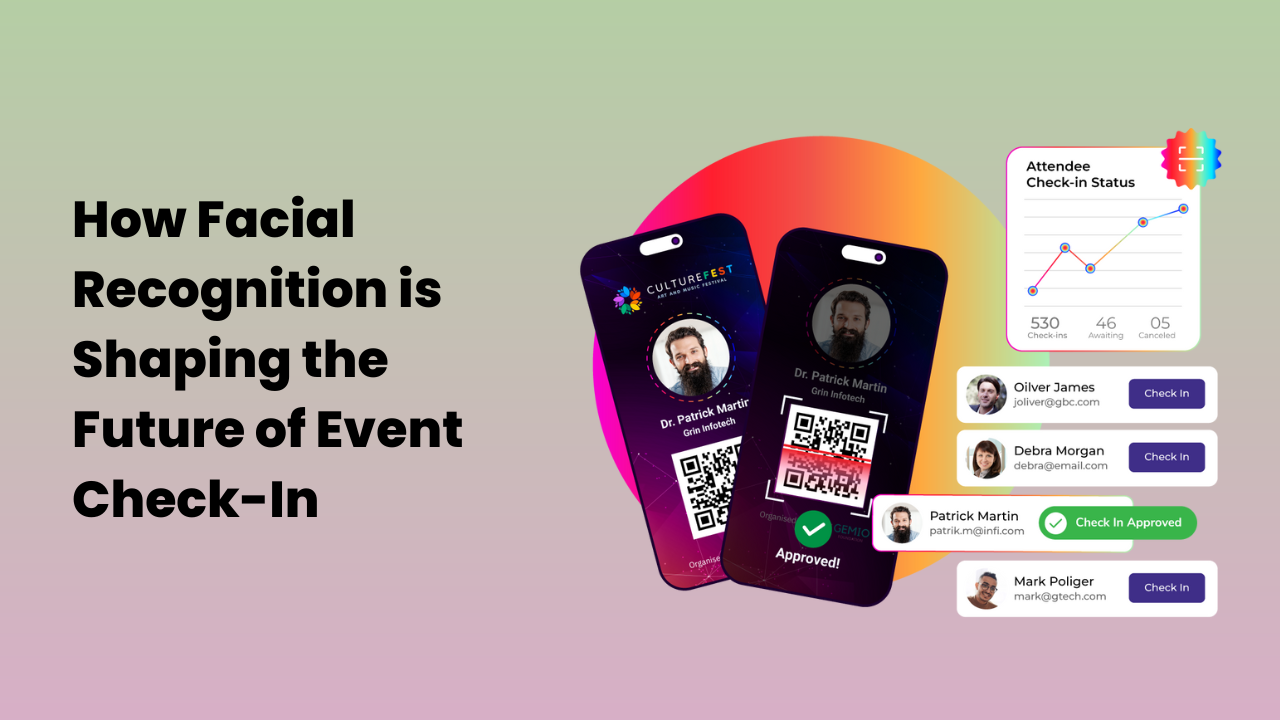
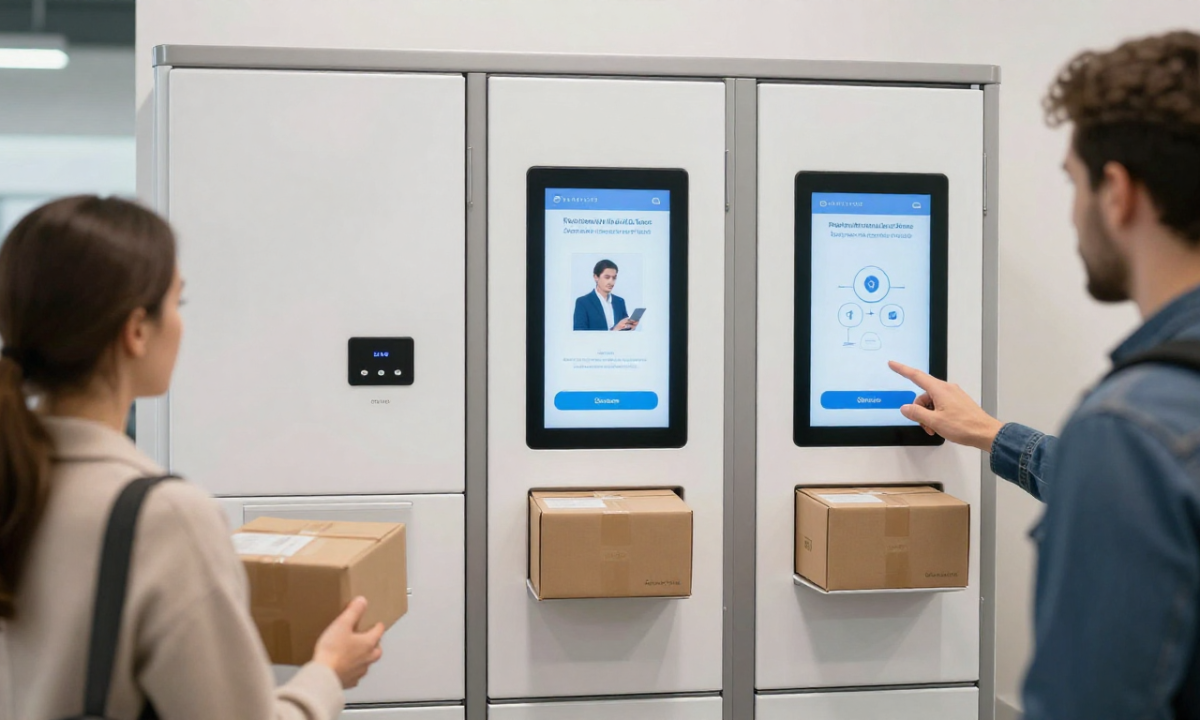

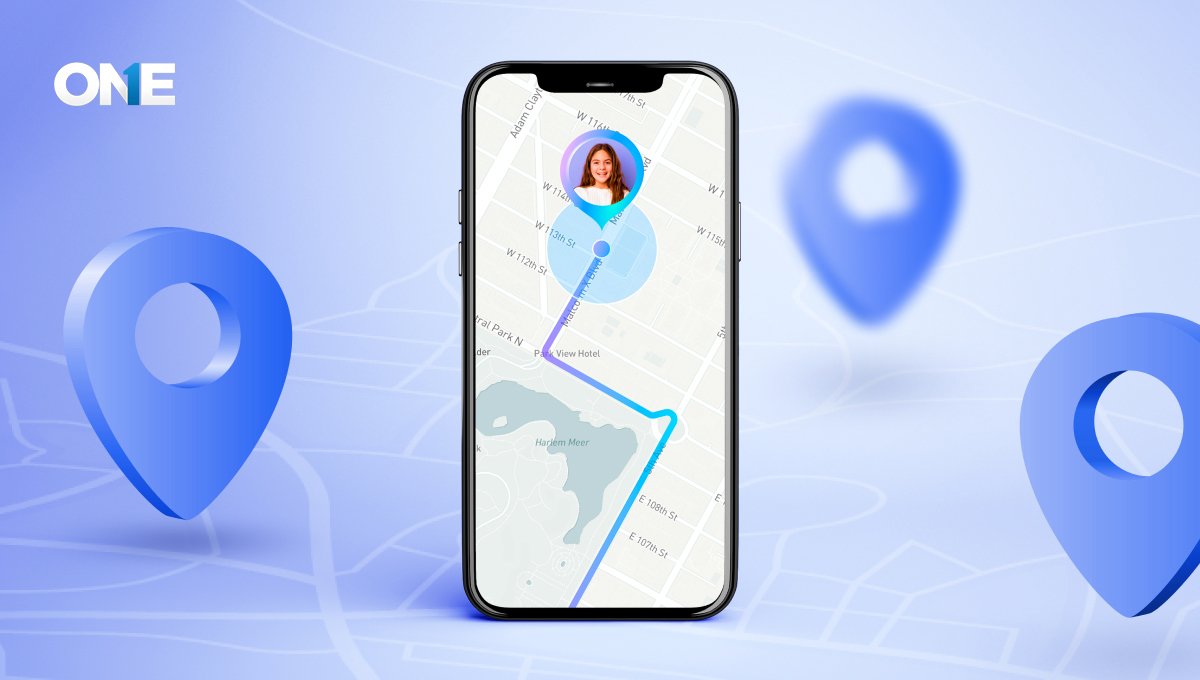



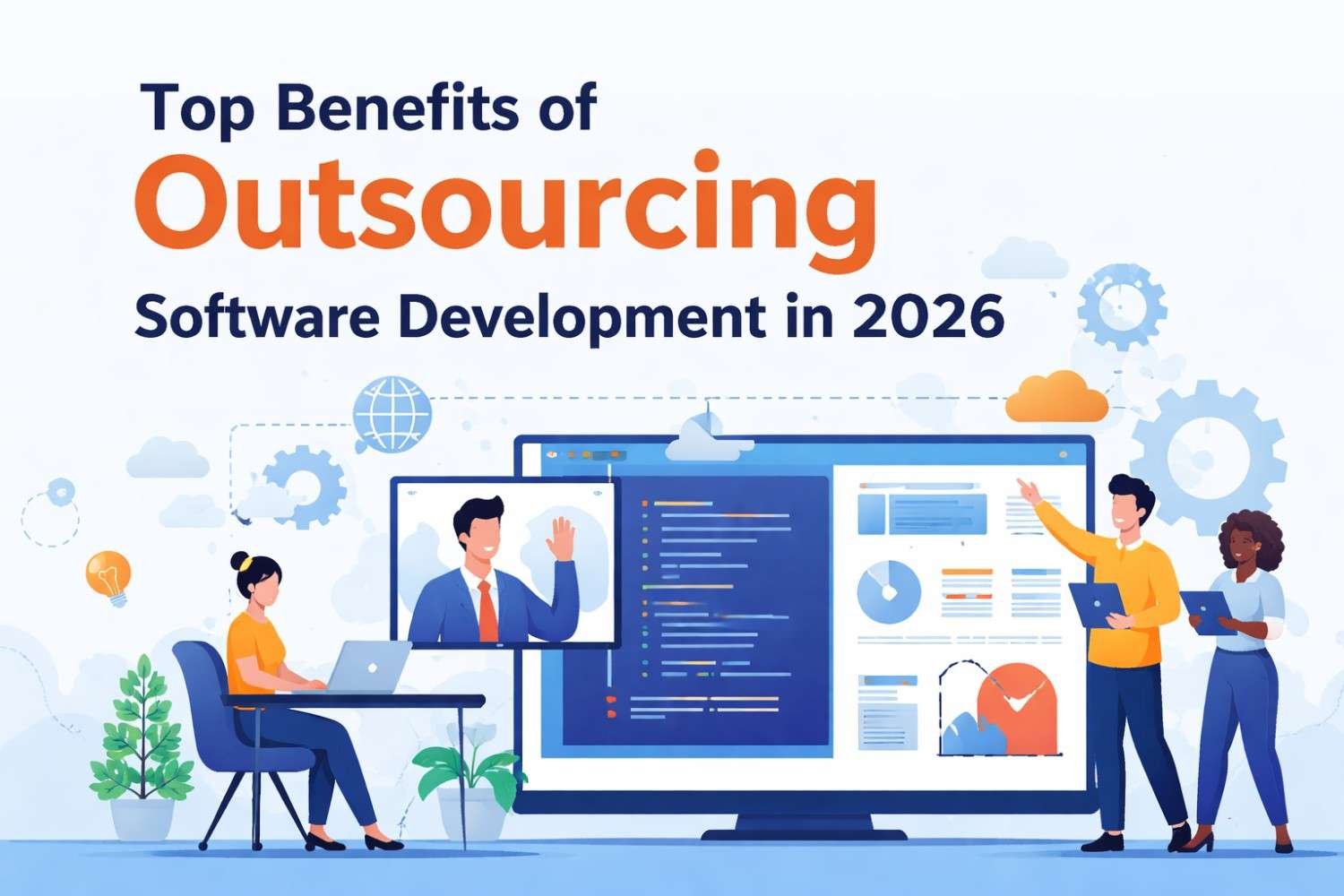



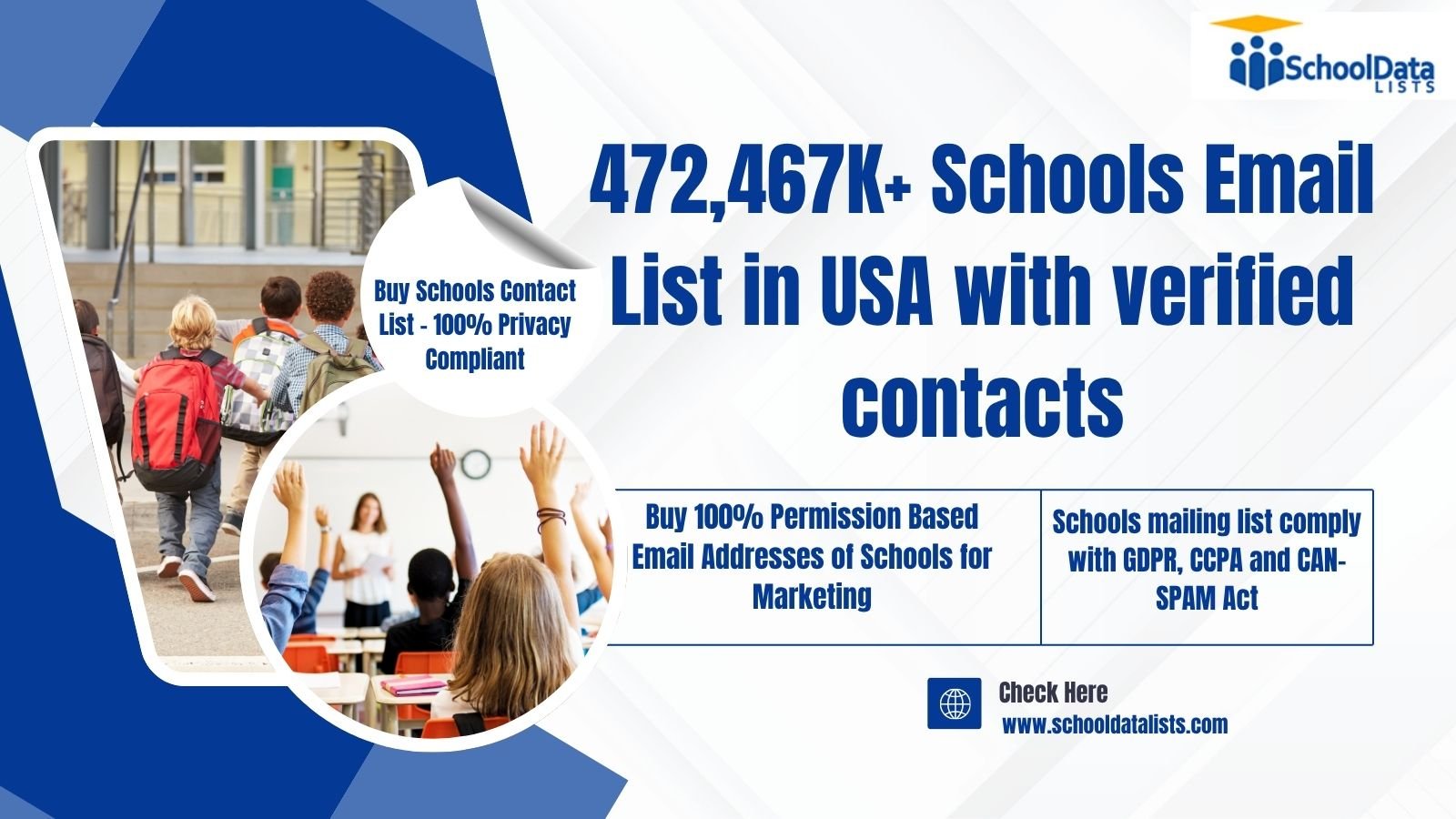

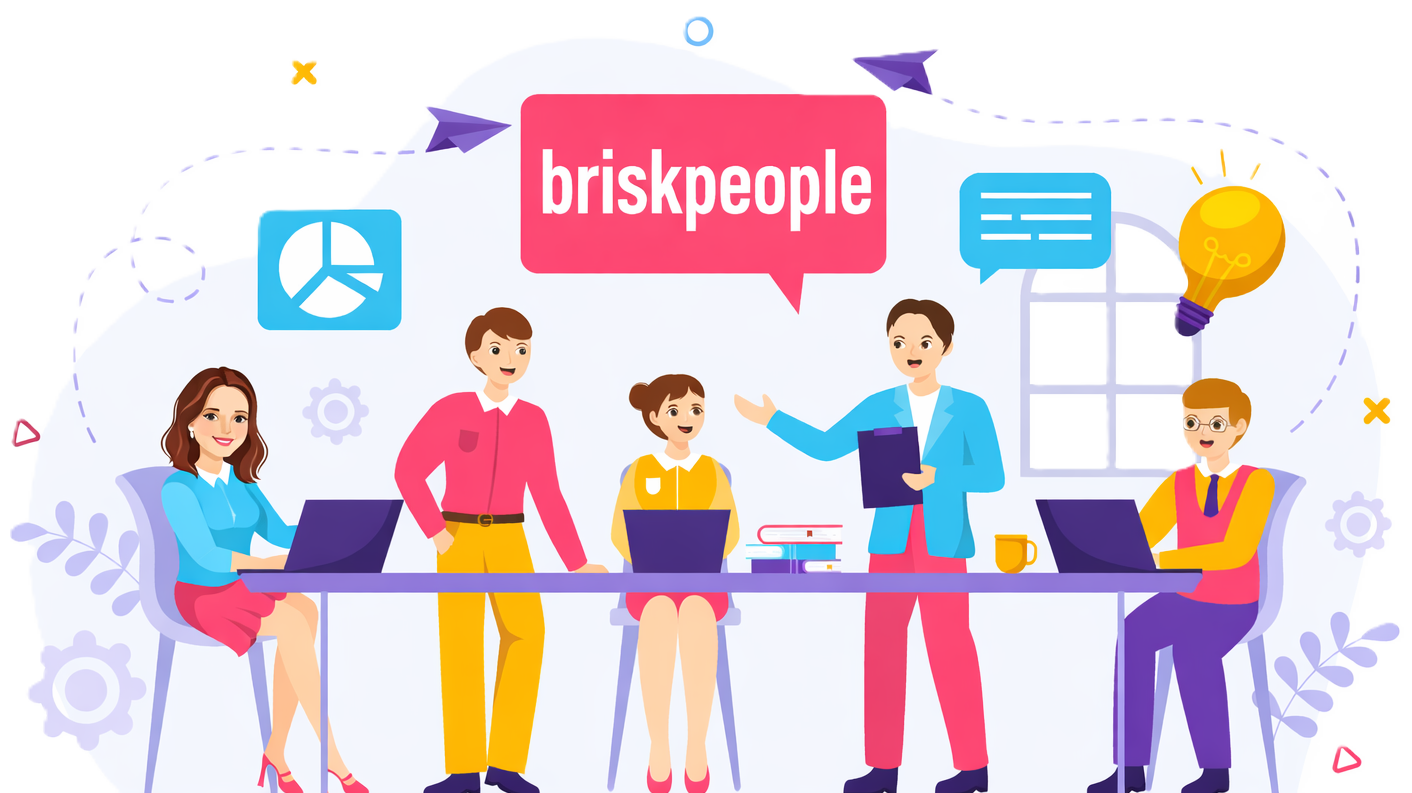
Leave a Reply